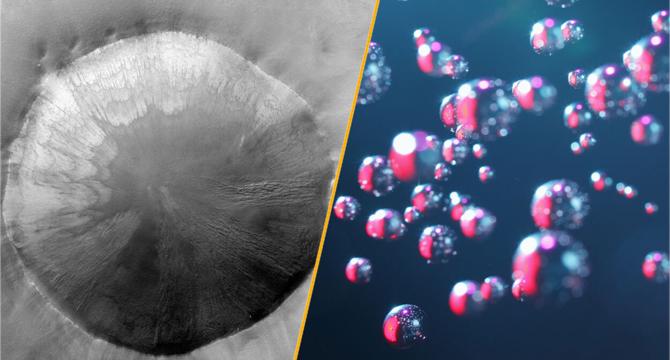Livescience
3w
122

Image Credit: Livescience
Science news this week: Wave patterns on Mars and 'free-range' atom clouds
- High-resolution satellite imagery has revealed wave-like soil patterns on Mars that resemble those found on Earth, possibly offering insights into Mars' climate history and the search for signs of life.
- Archaeologists in Hungary discovered a rare stash of metal artifacts dating back to the Late Bronze Age and Early Iron Age, suggesting the hilltop as a seat of power in ancient communities.
- Archaeologists use various methods, from DNA analysis to bone measurements, to determine the biological sex of skeletons found in their excavations.
- Physicists at MIT have observed free-floating atoms interacting in space, confirming principles of quantum mechanics, which may aid future investigations into quantum phenomena.
- Rare genetic mutations allow some individuals to thrive on only 4 hours of sleep, according to recent research findings.
- Recent reports indicate invasive Asian needle ants are increasing in the US Southeast, with their bites capable of triggering anaphylaxis.
- Studies and excavations in Viking Scandinavia suggest that some women were warriors, challenging traditional perceptions of gender roles in history.
- A rare carnivorous snail from New Zealand was observed laying an egg through a 'genital pore' in its neck for the first time, shedding light on the snail's elusive life cycle.
- Sir David Attenborough celebrated his 99th birthday this week, and insights about La Niña, climate change impacts, and 'murder prediction' algorithms were shared in notable articles.
- Stay informed with Live Science's social media channels for the latest science news and discoveries.
Read Full Article
7 Likes
For uninterrupted reading, download the app